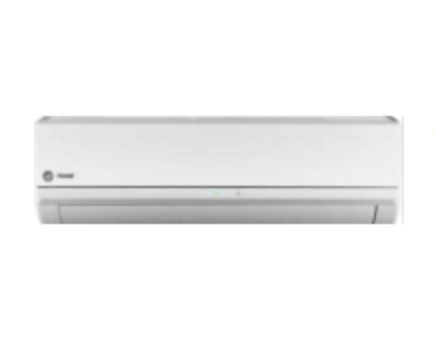A heat pump is defined, in technical terms as a refrigeration system that uses mechanical-compression cycling that is reversible to either heat or cool within a specific space. The system is comprised of two main parts: an indoor air handler and the actual heat pump which is an outdoor unit that works in a similar fashion to a central air conditioner. Refrigerant is circulated by a compressor and absorbs or releases the heat that travels between the two units.
How Heat Pumps Work

Just like the average household refrigerator, heat pumps utilize electricity to transport heat from a space that is cool to one that is warm. This allows the cool space to get cooler and allows the warm space to remain warmer. During the winter heating season, heat pumps transport heat from the air outside. During the summer months, they remove heat from the house and pump it outside. Because these units move heat as opposed to generating it, they are able to condition a given space at a savings of up to three quarters under the cost of conventional cooling and heating solutions.
Heat pumps function best in moderate climates and often require a supplemental source of heat when used in areas where winter temperatures are colder.
Because so many homes are in areas with more drastic fluctuations in temperature, the air-source pump is the most common. These pumps work in conjunction with electric heat and manage heating the space more efficiently. The average savings over conventional methods using this type of heat pump is often as high as 30-40 percent.
Heat pumps also function as highly efficient dehumidifiers. They do a better job, on average, than conventional central air conditioners at dehumidifying a space which also results in less energy expenditure and a more comfortable environment.
Drawbacks to Heat Pump Systems
The disadvantage comes with exceptionally low temperatures. In areas that get extremely cold in the wintertime, many heat pump systems are inadequate to properly heat the space and do not significantly increase energy efficiency. There are, however, some systems that are capable of working around that problem.
Other Types of Heat Pumps
Mini-split heat pumps are designed for homes with ductless heating systems. There is also a special kind of air-source heat pump known as a “reverse cycle chiller” which heats and cools water as opposed to air. The most common application for these is with in-floor radiant heat systems.
Geothermal heat pumps (also known as ground- or water-source pumps) achieve a higher rate of efficiency by transferring heat between your home and either the ground or a local water source. They are more costly to install, but they are less expensive to operate due to the relative consistency of the ground and water temperatures. Geothermal heat pumps will also function better in climates with extreme temperature fluctuations than air-source pumps.
The absorption heat pump (also known as a gas-fired pump) is an emerging type of heat pump being used in residential systems. This type of pump uses heat as the source of energy and can utilize a variety of heat sources.
We offer air conditioning repair and furnace heating repair.




